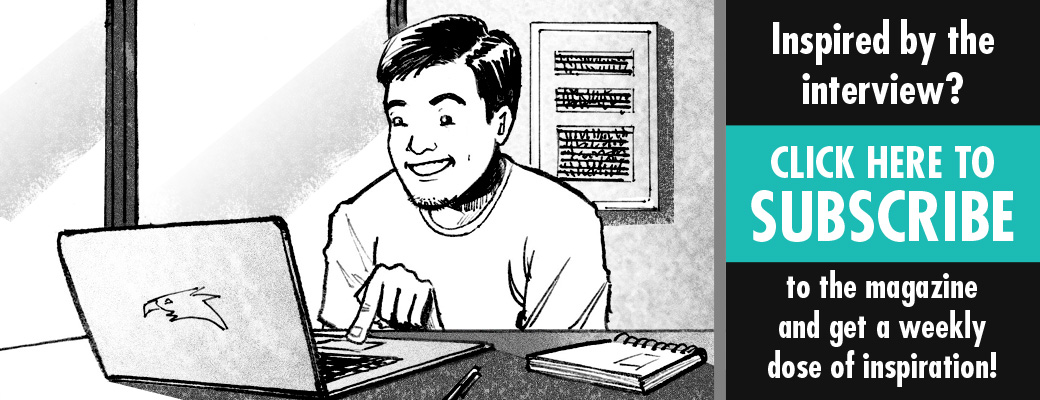 Dean Francis Alfar is an author and advocate of speculative fiction. His books include the novel Salamanca (Anvil); short fiction collections The Kite of Stars and Other Stories (Anvil), How to Traverse Terra Incognita (Visprint), East of the Sun and Other Stories (et al), and A Field Guide to the Roads of Manila and Other Stories (Anvil); and the children’s book How Rosang Taba Won A Race (Lampara). As an anthologist, he is the founder of the Philippine Speculative Fiction annuals, and the editor of anthologies including Horror: Filipino Fiction for Young Adults, Science Fiction: Filipino Fiction for Young Adults, Maximum Volume: Best New Philippine Fiction 1 & 2, and Ang Manggagaway at iba pang Kathang-Agham at Pantasya mula sa Gitnang Europa at Pilipinas, among others.
Dean Francis Alfar is an author and advocate of speculative fiction. His books include the novel Salamanca (Anvil); short fiction collections The Kite of Stars and Other Stories (Anvil), How to Traverse Terra Incognita (Visprint), East of the Sun and Other Stories (et al), and A Field Guide to the Roads of Manila and Other Stories (Anvil); and the children’s book How Rosang Taba Won A Race (Lampara). As an anthologist, he is the founder of the Philippine Speculative Fiction annuals, and the editor of anthologies including Horror: Filipino Fiction for Young Adults, Science Fiction: Filipino Fiction for Young Adults, Maximum Volume: Best New Philippine Fiction 1 & 2, and Ang Manggagaway at iba pang Kathang-Agham at Pantasya mula sa Gitnang Europa at Pilipinas, among others.
His literary awards include ten Don Carlos Palanca Memorial Awards for Literature — including the Grand Prize for Novel for Salamanca — as well as National Book Awards for the graphic novels Siglo: Freedom and Siglo: Passion, the Philippines Free Press Literary Award, and the Gintong Aklat Award.
Dean is the owner and chief creative officer of Kestrel (digital design & development) and Logik (creatives and social media management). He lives in Manila with his wife and tango partner, award-winning fictionist Nikki Alfar, and their daughters Sage and Rowan.
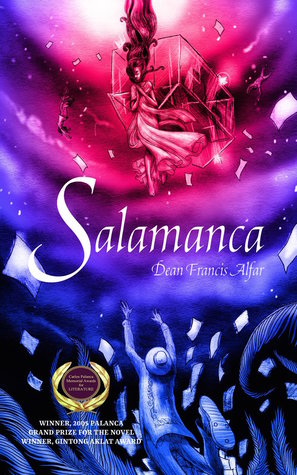 Q: Everyone has an origin story. Could you share with us the exact moment (or moments) wherein you realized that you wanted to become a storyteller?
Q: Everyone has an origin story. Could you share with us the exact moment (or moments) wherein you realized that you wanted to become a storyteller?
When I was young, my mother would always read me stories before I went to sleep. I fell in love with fairy tales and adventure stories because of that. When I demanded more, she told me that I should learn to read – and that way, I’d have all the stories I wanted. And so I did, at an early age.
These stories inspired my imagination. When I ran out of books, I promised myself that one day, I’d tell my own stories.
Q: From that moment on, and all throughout your journey as a storyteller, what has been your biggest struggle?
Discipline, first. Just creating time to sit down and write is and always has been a struggle. There are many things that pull away at me – work, family, responsibilities, other interests. Writing is an act of will for me. It’s never easy.
Q: How have you been able to cope with (or overcome) this struggle?
I created scheduled writing time for myself. In the late evening or early morning, I sit down and write whether I feel like it or not. It doesn’t matter if I’m inspired or not. I write something or edit something I’ve previously written. It’s important for me to conquer the blank screen.
At work, I do guerilla writing. In the odd bits of time in between meetings or other work, I will jot down vignettes or bits of story or dialogue. Nothing too long, and I stop when I must. I’ve been able to use these bits of guerilla writing and expand them into full-blown stories. It’s also a way to flex writerly muscles.
Q: What would you consider is the ONE thing that REALLY helped you level up your craft?
Reading broadly and reading specifically. Reading exposed me to many styles and narrative tones, and opened me to many possibilities. I read broadly to see what kinds of writing were out there. I read specifically – within genre – to see what’s happening in my field of interest.
I know you said just one, but the other thing that really helped me level up was just writing. Writing, finishing a draft, polishing, submitting to a market, getting it published. Just getting it done and going through the publication process.
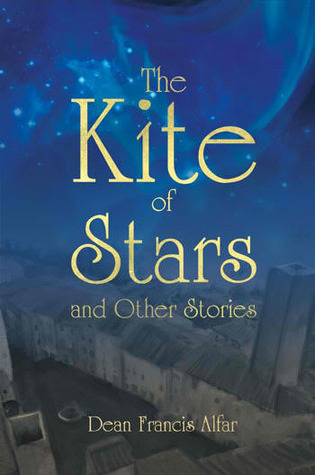
Q: What is one thing you’d wish you’d known before you started your creative career? Why?
When I was a young writer, speculative fiction was looked down upon and considered inferior to realist fiction. Sometimes I wish someone told me that it’s going to be okay, that these crazy stories I loved were just as valid, just as worthy, just as important. But then I realize that I would not have fought so hard for spec fic if I had known – so in the end, let the past remain as it is, haha!
Q: What drives or inspires you to continue telling stories?
Sometimes, an idea comes and refuses to let go. Or I see a scene in my mind’s eye and I am intrigued enough to write it down and see what it was all about. I write because I have to. I am compelled. I believe in encouraging others to write, especially young beginning writers. If, by my example, I can inspire to write better and write more, then I’ll continue to write.
Q: What does your average day look like? (And when do you fit in the time to write or create stories?)
I get up before 6 AM and do a little writing and puttering around before I go to my office. I make time for the gym in the morning or before going home from work.
My work day is usually full of meetings, client calls, copywriting, and consultancy. I have a design agency and a social media marketing company, so it’s almost always busy. I employ guerilla writing in between requirements, so I can produce something for myself.
My evenings are for my wife and daughters. Nikki or I will cook, we spend time with the girls, then either watch a movie or TV show, play games, or read. Much later, I will write at length. Then sleep.
Q: How do you deal with distractions or challenges that you encounter while you’re working on your craft?
I zone in and tune everything out. No devices, no internet surfing. No calls taken, no texts answered. I don’t talk to anyone. I try my best to honor my writing time.
Q: What do you do when you feel just completely uninspired or burnt out? How do you motivate yourself to start working again?
I’ve learned to write without fickle inspiration and rely on discipline and craft to produce stories. It’s more important to finish a draft than sit around and wait to be inspired.
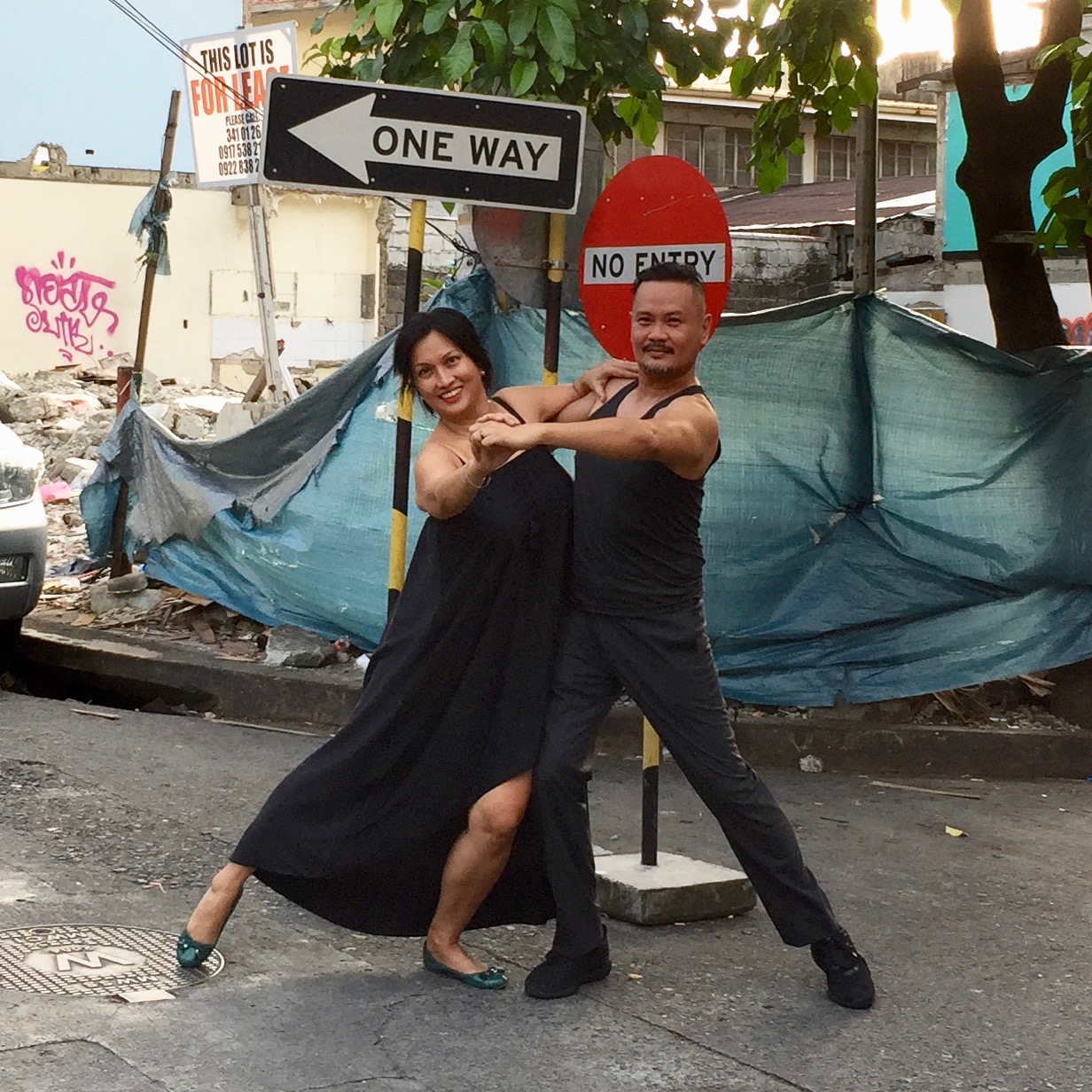 When I’m completely tapped out, I step away from the story and take a walk or lift weights. Something physically active to recharge. I give myself a little time to rest my mind. Then I jump back in. I usually work with a deadline in mind, even when there is really none. I’d rather work fast and produce more fiction.
When I’m completely tapped out, I step away from the story and take a walk or lift weights. Something physically active to recharge. I give myself a little time to rest my mind. Then I jump back in. I usually work with a deadline in mind, even when there is really none. I’d rather work fast and produce more fiction.
One of the ways Nikki and I recharge is ballroom dancing. We started dancing a few years ago and found it much to our liking. There is always more to learn, so there’s a continuous challenge that we find appealing. Dancing is like telling a story - we learn the vocabulary of movement and gesture, and move to the narrative of the music. The physicality of dance is also welcome, it’s our cardio. The Latin dances (salsa, chacha, Argentine tango) are faster and sexy, while the Standard dances (foxtrot, waltz) are elegant and refined. It’s like role-playing - with more sweat.
Q: What would you say has been your most EPIC win so far?
First was having a story in “The Year’s Best Fantasy & Horror”, edited by Ellen Datlow, Kelly Link & Gavin Grant. On the table of contents, I was next to Stephen King, Neil Gaiman, and Ursula Le Guin.
But an even grander one for me is seeing all the speculative fiction being produced in the Philippines today. I don’t take credit for all of it, but I’m happy this happening.
Q: What would you say has been your biggest failure?
Every failure can be devastating. Every rejection letter can feel like the end of the world. But I believe that if I don’t try, nothing will happen – and failure is an opportunity to learn and get better at my craft. Some stories I’ve written that I thought were good turned out to be duds – that happens and that’s okay.
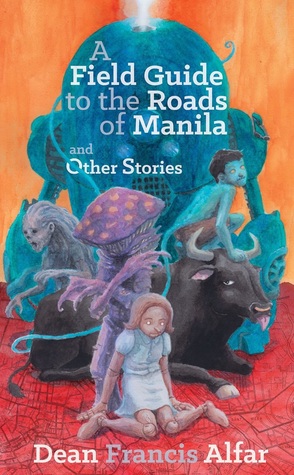
Q: What, for you, has been the best way to promote yourself and your work to potential fans, clients, or publishers?
Having published books out locally and internationally helps. Using Facebook, Twitter, and IG is also good. I like maintaining contact with my readers. I also appear in festivals and workshops, give lectures or offer opinions as a panelist.
Q: What has been your game plan throughout your journey? What’s the BIG picture here? The ultimate dream? The end game?
Just to keep writing short stories and collecting them in books. I am working on a novel or two. Keep publishing and editing anthologies to get more stories by other authors out there.
Q: What, for you personally, has been the source of your ideas, creativity and talent?
The correct answer is God, of course, the font of everything. Other sources are my life experiences, my relationships, what I read and view and listen to.
Q: What is your big “WHY”?
I write because there are stories within me that only I can tell. And if one of these stories can inspire even just one person to writer her own story, then I’m happy.
QUICK-FIRE QUESTIONS
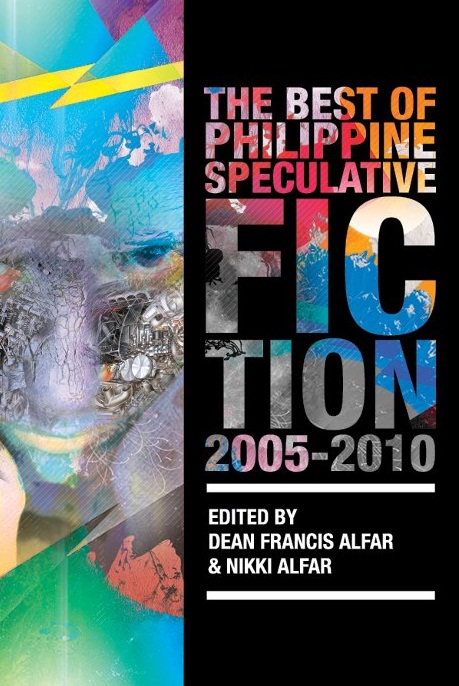 Q: What 3 stories (novels, short stories, comics, movies, documentaries, etc.) would you say influenced and inspired your work the most?
Q: What 3 stories (novels, short stories, comics, movies, documentaries, etc.) would you say influenced and inspired your work the most?
Gabriel Garcia Marquez’s “One Hundred Years of Solitude”; Advanced Dungeons & Dragons; “At Reparata” by Jeffrey Ford
Q: What are the top books, writing books, blogs, podcasts, or workshops you’d recommend that helped you level up your skills? (Feel free to plug in as many as you’d like)
Just read. Read broadly and then read specifically.
Q: If you could work remotely, from anywhere in the world, where would your office be? Why?
San Francisco or Hong Kong. I love both cities and there’s much to explore when I’m not working on a story.
Q: Name ONE artist/writer that, if you could, you would pick their brain and find out all the hidden secrets behind their amazing work?
Jeffrey Ford. He’s my favorite fictionist.
Q: Who do you consider your biggest mentor that helped you improve your skills?
(Doesn’t have to be someone you’ve met personally. Can be someone you look up to, or someone whose art or words really inspires you to get better.)
Marquez, because his work taught me how magic can be lyrical.

